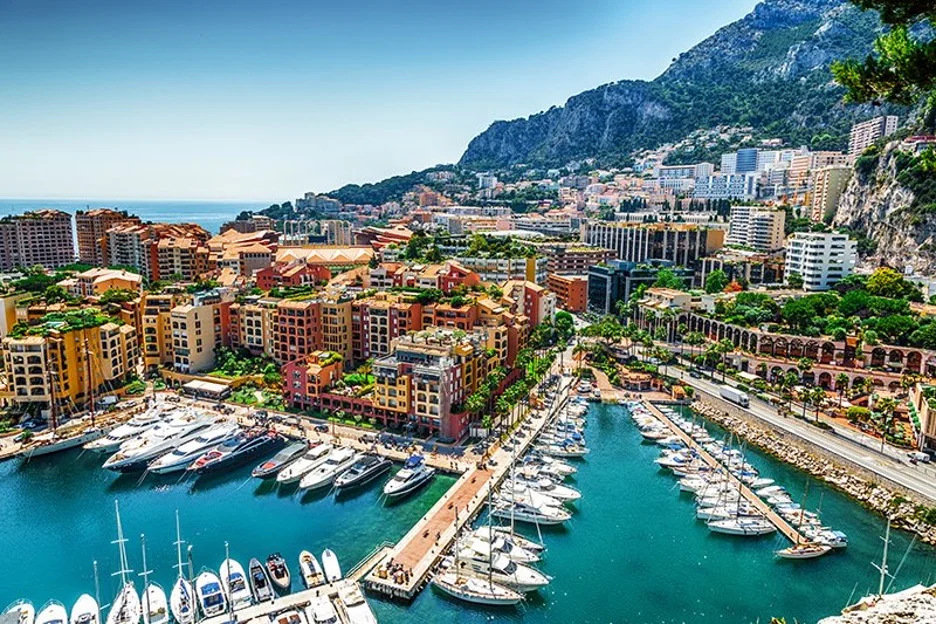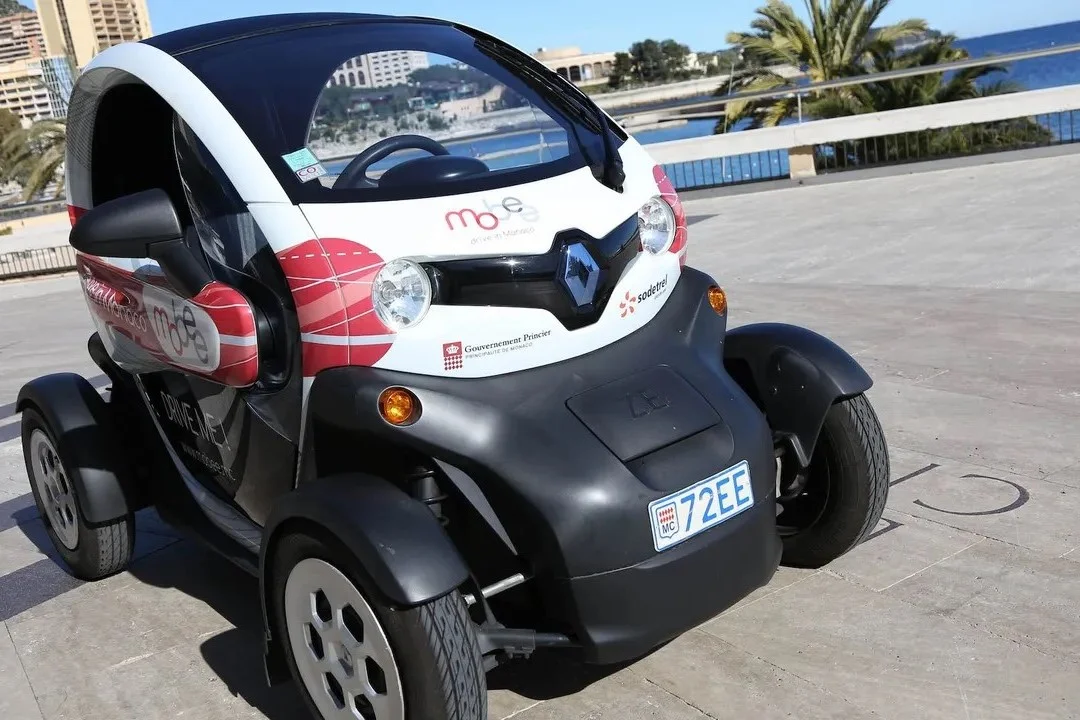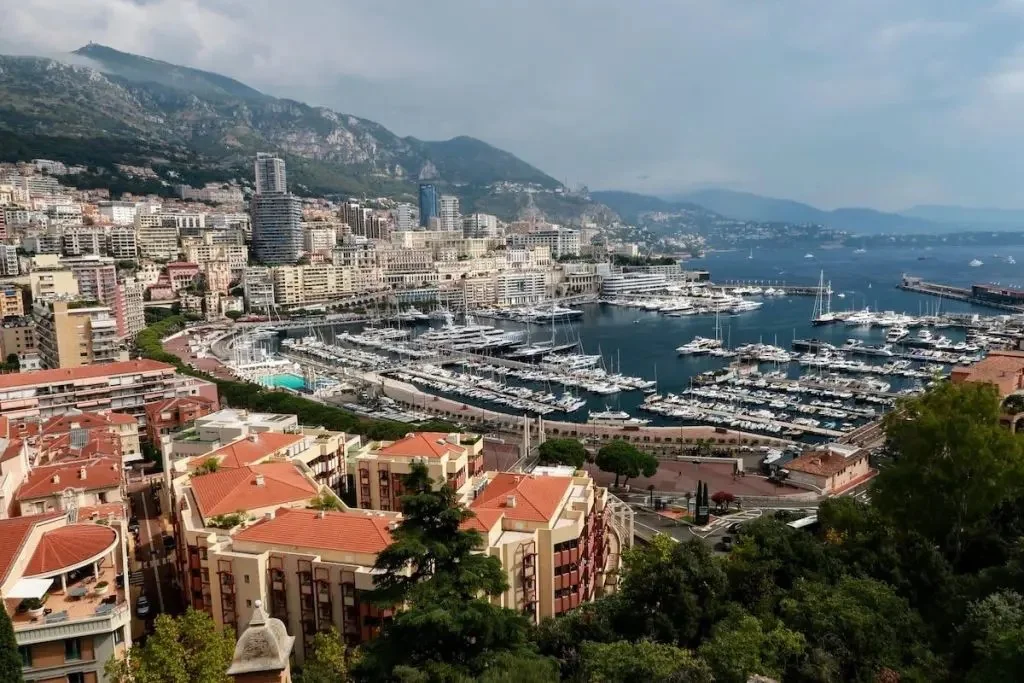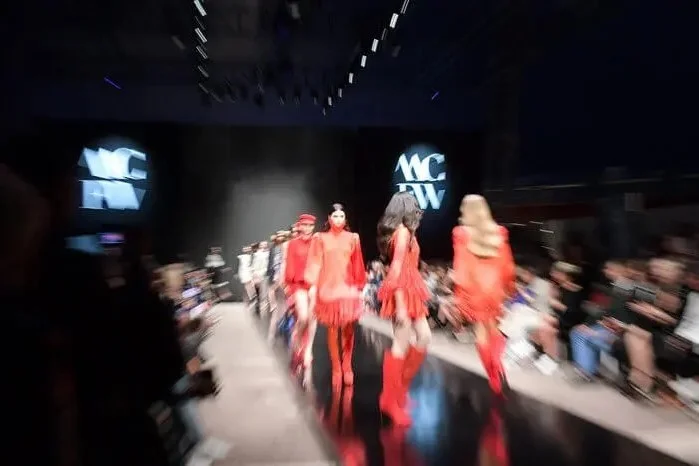Monaco Is Becoming an Unexpected Leader in Sustainability
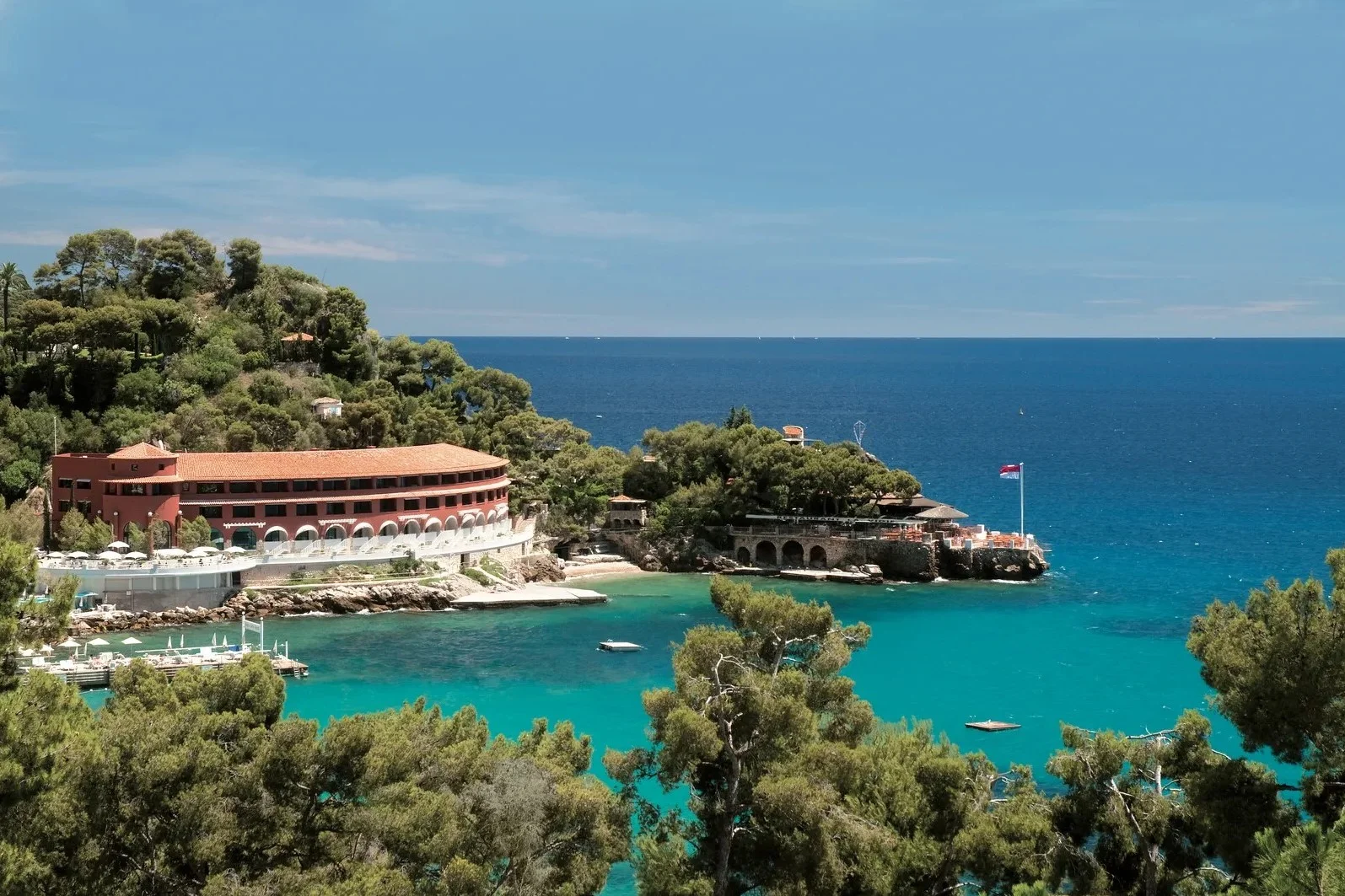
Forget the glitzy casinos and multimillion-dollar homes—Monaco is rapidly becoming a hub for innovative ideas in sustainable design.
As we come to understand that glaciers are moving as much as 90 feet a day (100 times their usual speed), the urgent need for climate action is shockingly clear. But which world leaders will step up to this vital challenge? Surprisingly, the second-smallest independent state in the world is emerging as a leader in planet preservation. Monaco’s sovereign prince founded the Prince Albert II of Monaco Foundation to combat climate change, preserve biodiversity, and conserve water resources. The monarch has committed to reducing the principality’s carbon emissions by half, aiming for carbon neutrality by 2050.
To reach this ambitious goal, Monaco has expanded its public transportation options, including biodiesel buses and electric shuttle boats. The e-bike-sharing program boasts a fleet of 300 electric bikes and 35 bike stations. E-bikes cost just one euro per trip and are used 1,200 times a day. Additionally, e-vehicles now represent almost 7% of the Monegasque fleet, supported by free recharging stations and an e-car-sharing system.
Monaco has also developed eco-friendly systems to limit waste by repurposing garbage into fuel and purifying water before it is discharged into the Mediterranean. The Monaco Clean Beaches campaign has placed 8,000 ashtrays on beaches to reduce cigarette litter. The principality has established two marine protected areas and introduced 3D-printed artificial reefs, working to preserve species such as the Mediterranean monk seal.
Monaco has set an ambitious goal of achieving zero single-use plastic waste by 2030. Single-use plastic bags, straws, plates, cups, glass, and cutlery have all been banned. Conscious consumption is also evident in Monaco’s culinary offerings, with efforts to reduce food waste and initiatives like Terre de Monaco, an organic urban rooftop farming project.
Elsa, the world’s first 100% organic Michelin-starred restaurant, is located in Monaco at the Monte-Carlo Beach resort. “Elsa is a philosophy, a way of life—respecting nature, respecting your body, eating healthy, and enjoying it! This is the well-being we aspire to,” says Dimitri de Andolenko, who leads the resort’s sustainability projects. “Elsa respects the environment by favoring local purchases, using green electricity, and limiting paper consumption.”
Monte-Carlo Beach and Monte-Carlo Bay have received the prestigious Green Globe Gold certification for their sustainability efforts. Monte-Carlo Beach has a preservation zone for local birds, while Monte-Carlo Bay collaborates with the Prince Albert II Foundation to protect the habitat of a local Mediterranean seahorse species. For the past three years, solar panels have powered Monte-Carlo Bay. Additionally, over 88% of Monaco’s hotels have international third-party green certifications, with Méridien Beach Plaza, Columbus Monte-Carlo, and Métropole Monte-Carlo being Green Key members.
Looking ahead, the eco-district Mareterra is slated to open soon. This new neighborhood will feature a pedestrian-only, environmentally conscious design, complete with luxury apartments and villas, public parks, a marina with a seafront promenade, and, of course, e-bike stations. “Moving forward, a greener path is full of promises and opportunities—and worth it,” says Wenden.
 Albania
Albania Algeria
Algeria Andorra
Andorra Argentina
Argentina Armenia
Armenia Australia
Australia Austria
Austria Azerbaijan
Azerbaijan Bahrain
Bahrain Belgium
Belgium Bolivia
Bolivia Brazil
Brazil Bulgaria
Bulgaria Cambodia
Cambodia Cameroon
Cameroon Canada
Canada Chad
Chad Chile
Chile China
China Colombia
Colombia Costa Rica
Costa Rica Croatia
Croatia Cyprus
Cyprus Czechia
Czechia Denmark
Denmark Ecuador
Ecuador Egypt
Egypt Finland
Finland France
France Georgia
Georgia Germany
Germany Ghana
Ghana Greece
Greece Hungary
Hungary Iceland
Iceland India
India Indonesia
Indonesia Ireland
Ireland Italy
Italy Jamaica
Jamaica Japan
Japan Jordan
Jordan Kazakhstan
Kazakhstan Kenya
Kenya Kuwait
Kuwait Latvia
Latvia Lebanon
Lebanon Libya
Libya Lithuania
Lithuania Luxembourg
Luxembourg Malaysia
Malaysia Maldives
Maldives Mali
Mali Malta
Malta Mexico
Mexico Moldova
Moldova Monaco
Monaco Morocco
Morocco Netherlands
Netherlands New Zealand
New Zealand Nigeria
Nigeria North Macedonia
North Macedonia Norway
Norway Oman
Oman